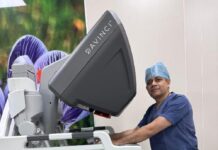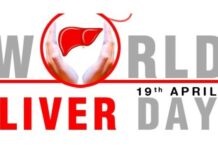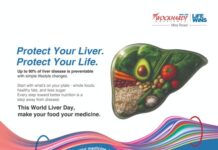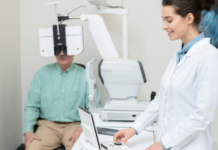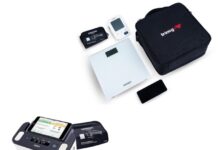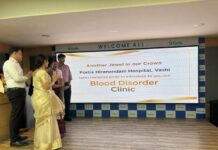New Delhi, May 30, 2014 –
A presentation at this week’s National Medicines Symposium (NMS 2014) in Brisbane has highlighted the dangers of people taking common medicines such as non-steroidal anti-inflammatories (NSAIDs) without thinking about the potential risks or harms.
Dr Judy Mullan, senior lecturer at the Graduate School of Medicine at the University of Wollongong said that many Australians purchase over-the-counter NSAIDs as common pain relief medicines – and if taken appropriately they can be relatively safe medicines – however if taken incorrectly they can cause severe adverse medicine events.
“We surveyed customers purchasing over-the-counter NSAIDs, containing the active ingredient ibuprofen, from seven different community pharmacies in NSW,” says Dr Mullan, who conducted this research in collaboration with her University of Wollongong colleagues.
“Within the survey we asked people to identify the active ingredient, the maximum recommended daily dosage and potential side effects associated with taking these medicines,” she said.
“Out of the 263 people surveyed, we found that even though the majority of them had adequate health literacy skills, 20% could not identify the correct active ingredient and over a third didn’t know the recommended maximum daily dose.
“Quite a large proportion of these respondents also didn’t know about the medicine’s potential for side effects, with as many as 41% not knowing that the medicines could cause stomach problems, and more than 50% not being aware of the medicines’ potential to cause stomach bleeding and/or kidney problems.
“More than 1 in 5 respondents (22%) suggested that these medicines cause no possible side effects, which of course is not true for any medicine.
“By not being aware of this basic information regarding over-the-counter NSAIDs, consumers are potentially placing themselves at increased risk of experiencing unintentional adverse events from these products.”
Dr Mullan suggests that pharmacists need to play more of an active role in educating all consumers about the potential for NSAID-related adverse effects at the point of sale of these products.
NPS MedicineWise Design & Development Manager, Ms Aine Heaney, says that the study’s findings highlight why it’s so important that people are medicinewise and take an active role in their own health care.
“Medicines like NSAIDs are readily available in pharmacies and also in supermarkets and convenience stores, but like any medicine they have risks as well as benefits, so people need to make sure they are making an informed decision about whether the medicine is right for them,” she says.
“To find out more about a medicine, we suggest people talk to their health professional, read the consumer medicine information (CMI) leaflet which is available from their pharmacist or on the NPS MedicineWise website, or call NPS Medicines Line on 1300 MEDICINE (1300 633 424, Monday to Friday, 9am-5pm AEST) to talk to a health professional.” CCI Newswire



